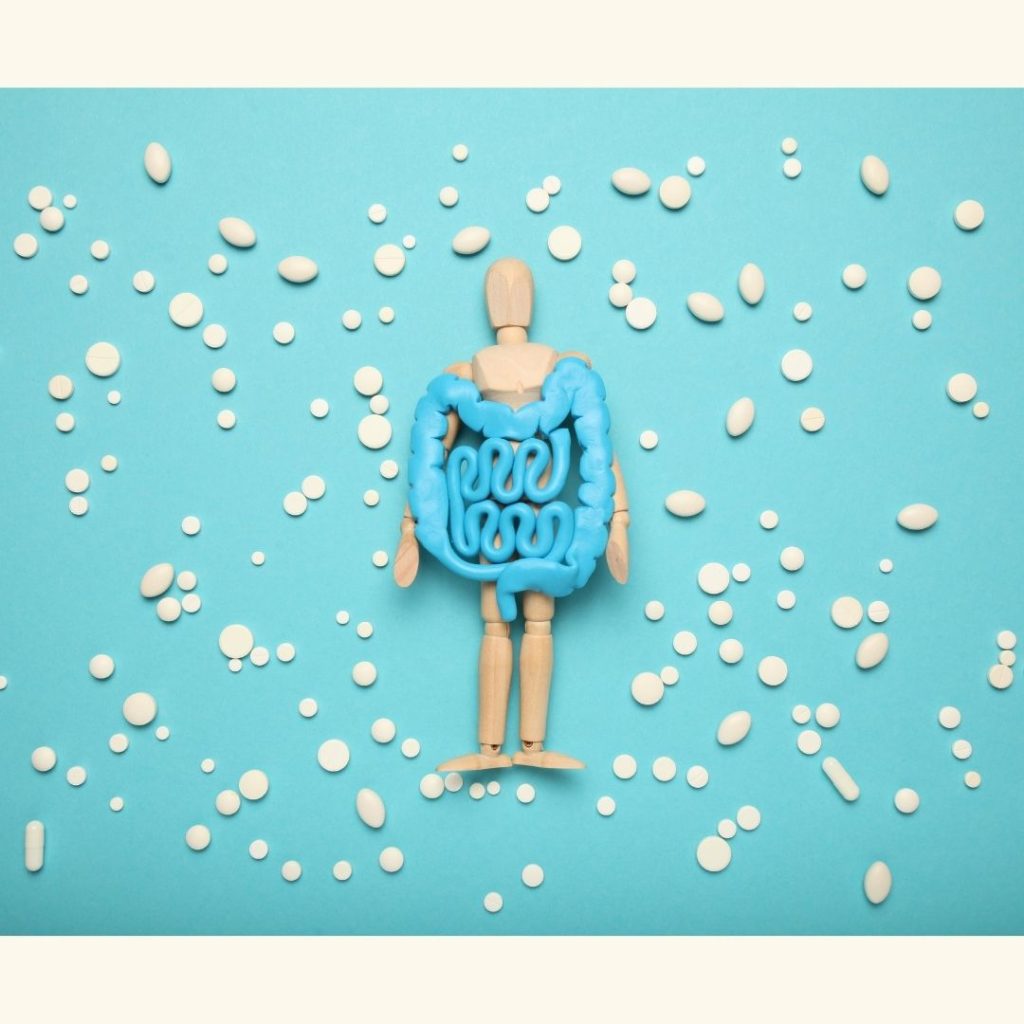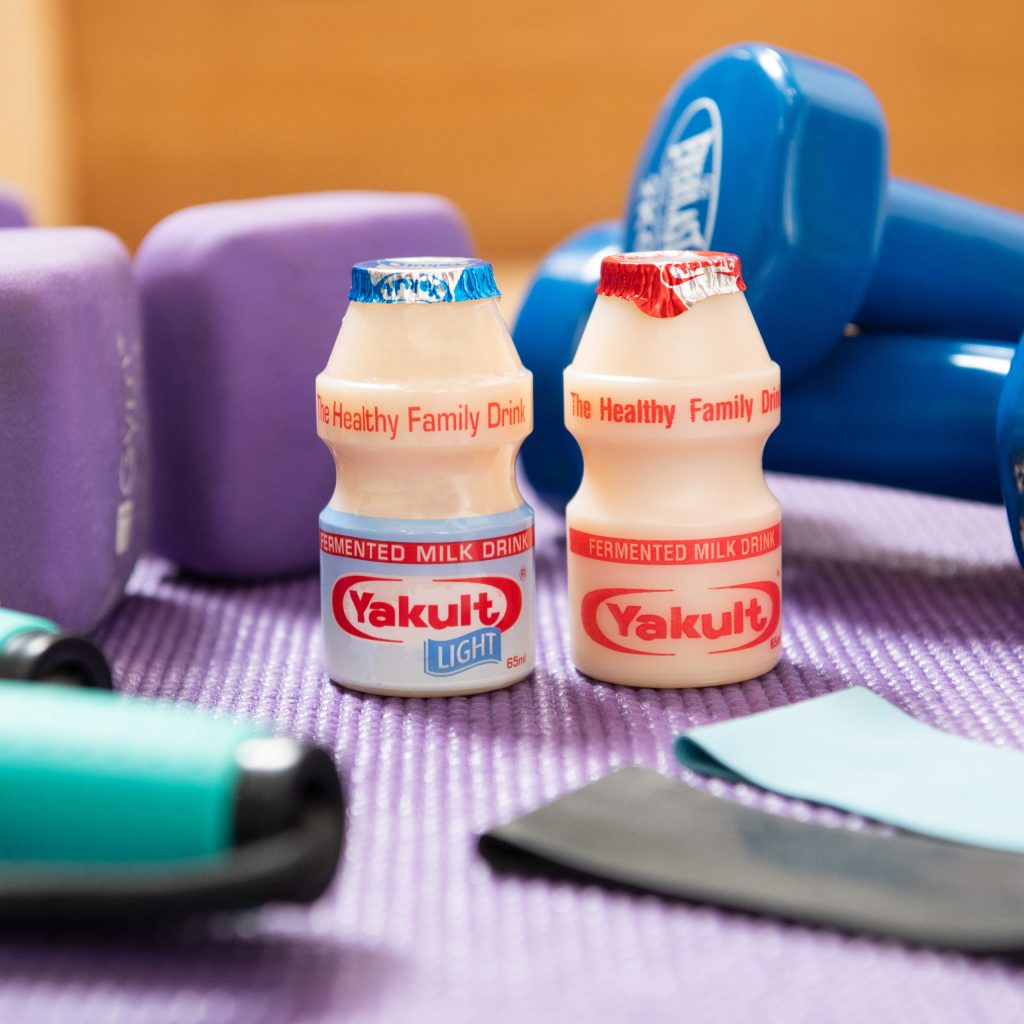Gut Health in Winter

Since winter brings with it the continuous colder weather, we tend to become less active which can impact our immunity and gut health. So, how can we take care of our gut in winter? Keep Yourself Warm Our gastrointestinal tract is sensitive to temperature. A cold abdomen can upset our digestive function and cause […]
Congratulations May Trivia Winners!

Thank you to everyone who has participated in the May Yakult Trivia – How Much Do You Know About Yakult? These are the 10 winners below: Shellie H. Paul E. Caleb G. Aiden D. Claire A. Josh C. Peter N. Andrew L. Skye A. Kirsteen S. Please come back to our website again for the June entry […]
Microbe Diversity: the key to good health

Our intestinal bacteria have a tremendous influence on our health. Numbering in the trillions in our digestive tract alone, the important roles these microbes play in digestive, immune, cognitive, and metabolic health cannot be underestimated. A diverse microbiota is a healthy microbiota. Ideally this means you would have a high number of different bacteria species […]
CONGRATULATIONS APRIL TRIVIA WINNERS!

Thank you to everyone who has participated in the April Yakult Trivia – How Much Do You Know About Yakult? These are the 10 winners below: Scarlett S. Ivana T. Vanessa Y. Airish O. Fancy A. Raymond C. Katy K. Ian L. Grace P. Jasmina M. Please come back to our website again for […]
Gut Health Check In- Easter Edition

With the Easter holidays around the corner, it is a tempting time to indulge and eat all the chocolates you can find. This of course leads to the aftermath of those uncomfortable bloating episodes and discomfort. Follow these tips so you and your digestive system can enjoy the holidays: 1. Hydration: have you drank […]
CONGRATULATIONS MARCH TRIVIA WINNERS!

Thank you for everyone who has participated in the March Yakult Trivia – How Much Do You Know About Yakult? These are the 10 winners below: Paul E. Sara S. Chelsea H. Ledam N. Nicole G. Tabitha S. Chester W. Anna T. Coreena B. Peter N. Please come back to our website again for […]
Women’s Health Issues

In line with International Women’s Day on March 8th, it is a good time to reflect on and learn more about the health issues that largely affect women. As a result, we have put together a comprehensive list of common health issues among females. Particularly, we have included great resources and tips to ensure you […]
Congratulations February Trivia Winners!

Thank you for everyone who has participated in the February Yakult Trivia – How Much Do You Know About Yakult? These are the 10 winners below: Minami V. Estela A. Emily B. Taylor B. Paul E. Niusami S. Terja L. Felice J. Simon M. Peter N. Please come back to our website again for the […]
Nutrition Information Panels – What is in it?

Have you been to a supermarket and sometimes feel overwhelmed with choices? How do you compare between products? What do you look out for when you are looking at the food label? What is a nutrition information panel? The nutrition information panel (NIP) is found on most food and drinks labels and provides information about […]
How Much Do You Know About Yakult?

Introducing our monthly Yakult Trivia for 2022! Every month from February to November, we will be releasing 5 questions on Yakult and health, plus a bonus creative “In 25 words or less tell us” question. All Yakult and health answers can be found from our website and resources published on www.yakult.com.au. 10 winners will be […]